
Jeju branch (South Korea) of the American boarding high school St. Johnsbury Academy - Photo: NIKKEI ASIA
Jeju Global Education City (GEC) is an educational urban project developed by the Korean Government to limit the number of international students studying abroad and keep financial resources within the country, bringing together international schools, residential and commercial areas in an entirely English-medium educational environment on Jeju Island, southern Korea.
However, in a place where many prestigious schools such as North London Collegiate School and St. Johnsbury Academy converge, a wave of anxiety about sending children to study abroad in the "West" is spreading, according to Nikkei Asia newspaper.
When the 'American dream' is shaken
Serena Eun, a high school student in Jeju, once hoped to attend Harvard or Columbia University in the United States. But as the Trump administration slashed billions of dollars in funding for top universities, revoked visas for thousands of students, and tightened immigration, that dream faded away.
“My classmates are very worried,” said Eun.
The sudden change in the US not only made students uneasy but also caused division between students who already had US citizenship and those who did not.
For a long time, Korea has always been in the top 3 countries with the highest number of international students studying in the US, after China and India.
Pressure from domestic exams has forced many parents to spend tens of thousands of dollars for their children to study at international schools at GEC - a "stepping stone" to enter Western universities.
Thanks to that, GEC helps Korea retain nearly 1,000 billion won (nearly 700,000 USD) in tuition fees that flowed abroad. However, when the US, UK, Canada and Australia simultaneously tightened student visas, this strategy is faltering.
Turn to Asia
Schools in Jeju are having to find ways to adapt to the current situation.
“We want to make sure students still have a long-term vision, even if they can't come to the United States,” said Matthew Riniker, director of academic affairs at St. Johnsbury.
At recent university fairs, students have turned their attention to Canada, the UK, or top Asian universities. Henry Wiggins, head of the Jeju campus of North London College, said applications to British universities have “increased significantly,” while many students are choosing to study abroad in Singapore, Hong Kong, or Japan.
According to South Korean National Assembly data, the number of Korean students studying abroad in 2024 decreased by nearly 40% compared to 2015, mainly due to sharp declines in the US and China.
In this context, GEC - which was expected to be the "gateway to the world " - is under pressure to reposition itself. Some schools are even being sold to private investors due to losses, such as the Jeju branch of North London University for 230 billion won (nearly 161 million USD).
Meanwhile, educational consulting centers such as Sehan Academy recommend that parents “think differently from the West.”
At a conference in Jeju, Director Kim Cheol Yong emphasized that graduates of Asian universities such as the National University of Singapore, the University of Hong Kong or Waseda (Japan) are increasingly being recruited by large corporations. “This is no longer a second choice. Given the current context, studying in Asia may be a more realistic and safer path than the US,” he said.
Amid a wave of xenophobia and immigration restrictions in the West, South Korea's elite are facing a crossroads: either continue chasing the uncertain "American dream" or return to Asia, where educational and job opportunities are expanding.
Source: https://tuoitre.vn/hoc-sinh-han-quoc-vo-mong-du-hoc-my-quay-sang-chau-a-20251011155404813.htm




![[Photo] General Secretary attends the parade to celebrate the 80th anniversary of the founding of the Korean Workers' Party](https://vphoto.vietnam.vn/thumb/1200x675/vietnam/resource/IMAGE/2025/10/11/1760150039564_vna-potal-tong-bi-thu-du-le-duyet-binh-ky-niem-80-nam-thanh-lap-dang-lao-dong-trieu-tien-8331994-jpg.webp)
![[Photo] Opening of the World Cultural Festival in Hanoi](https://vphoto.vietnam.vn/thumb/1200x675/vietnam/resource/IMAGE/2025/10/10/1760113426728_ndo_br_lehoi-khaimac-jpg.webp)
![[Photo] Discover unique experiences at the first World Cultural Festival](https://vphoto.vietnam.vn/thumb/1200x675/vietnam/resource/IMAGE/2025/10/11/1760198064937_le-hoi-van-hoa-4199-3623-jpg.webp)



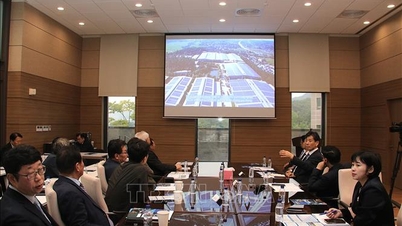

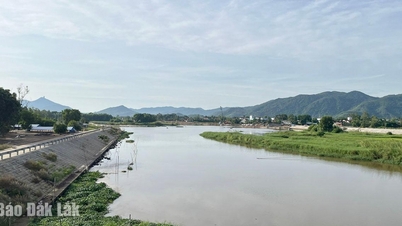








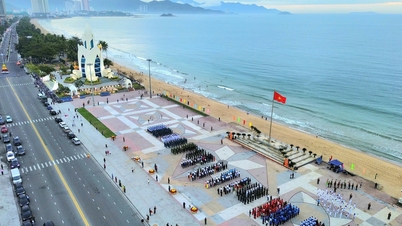



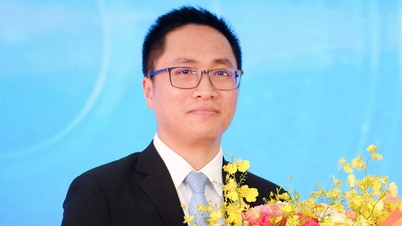




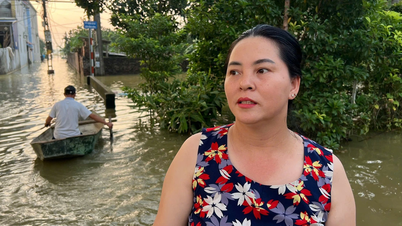
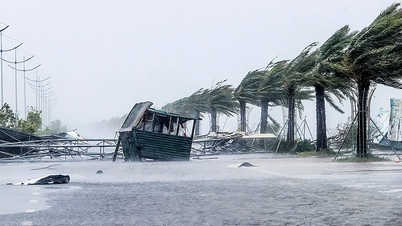
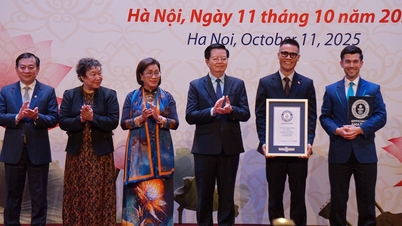
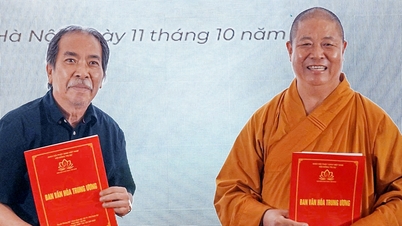


![[Photo] Ho Chi Minh City is brilliant with flags and flowers on the eve of the 1st Party Congress, term 2025-2030](https://vphoto.vietnam.vn/thumb/1200x675/vietnam/resource/IMAGE/2025/10/10/1760102923219_ndo_br_thiet-ke-chua-co-ten-43-png.webp)






























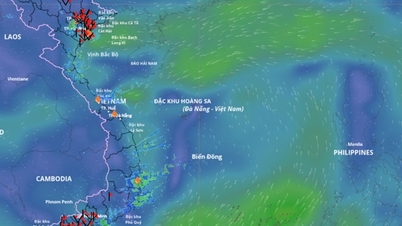









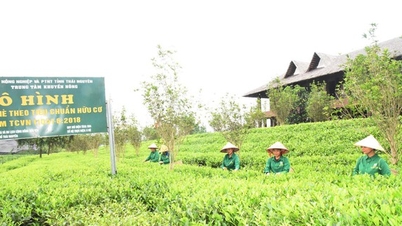
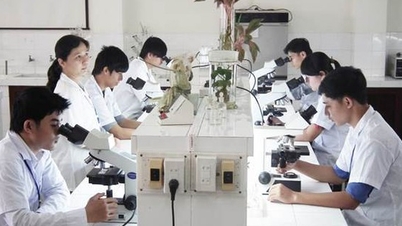



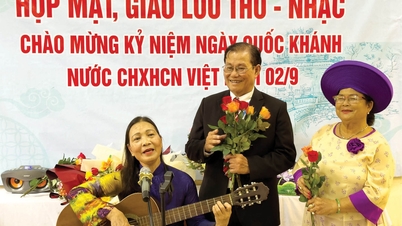


















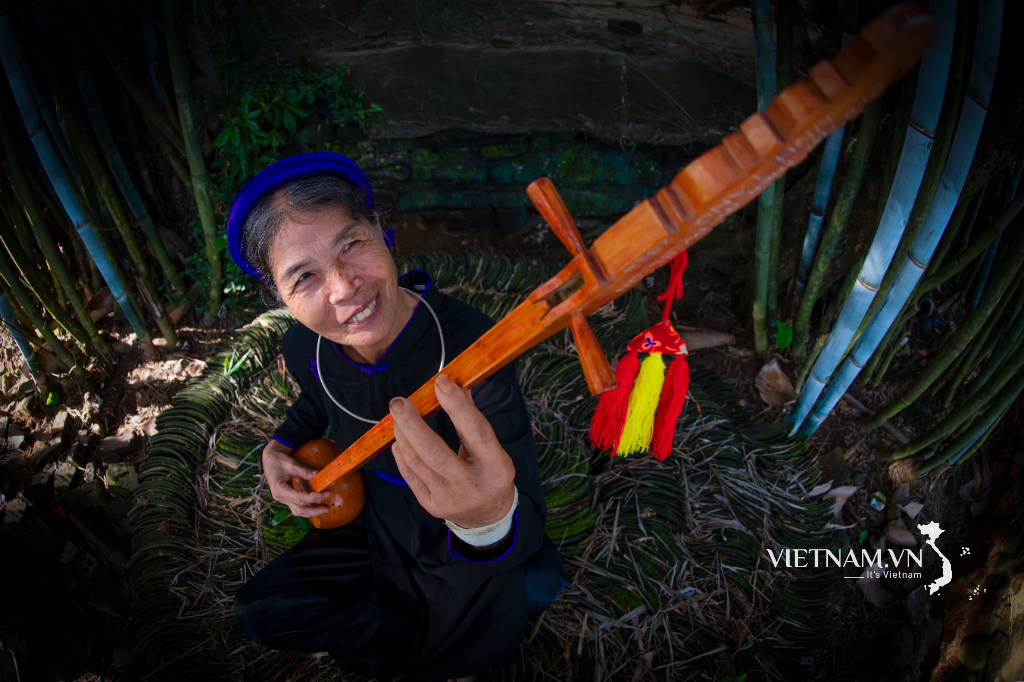
Comment (0)